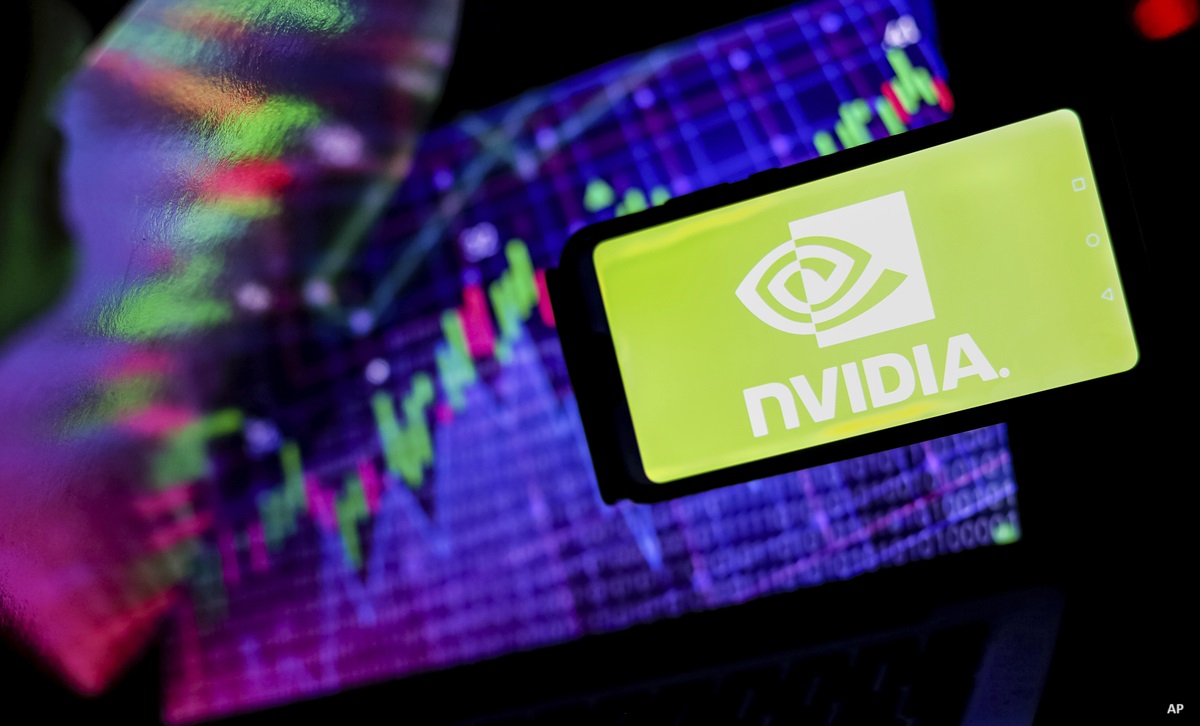The portfolio managers of Brandes Emerging Markets, which has a Morningstar Analyst Rating of Silver and a 4-star Morningstar Rating for its past risk-adjusted performance, have taken advantage of political unrest to increase the fund's holdings in Brazilian companies.
"Brazil was the ugly duckling of emerging markets back in late 2015 and early 2016," says co-manager Gerardo Zamorano, a director in the investments group at San Diego-based Brandes Investment Partners, L.P. "When the news was horrible about the economy, the corruption scandals, the political turmoil, we were adding to Brazil."
As a result, the holdings in Brazil were major contributors to the $267-million fund's performance in 2016, says Zamorano. About six companies were sold at a profit and the remaining stocks in the fund continue to "appreciate significantly."
The fund has an 18% weighting in Brazil, its largest country position, compared to 8% in the MSCI Emerging Markets Index. "The catalyst for the beginning of the Brazil rally was really the impeachment of President Dilma Rousseff," in August 2016, says Zamorano. "Then, investor sentiment shifted for the better."
The fund's best-performing holdings in Brazil were primarily those in highly regulated industries, including oil and gas company Petrobras Argentina, water utility Companhia de Saneamento Basico do Estado de Sao Paulo, and bank Banco do Brasil.
Zamorano says capital gains in Banco do Brasil stock contributed to performance following signs of a turnaround as new management, which took over earlier in 2016, focused on enhancing the bank's returns on equity. As well, the bank has shrunk its loan book while placing emphasis on improving risk management.
Yet the challenges and risks in the largest Latin American equity market are far from over. Zamorano says Brazil is still in the middle of the worst recession in its history. Corruption scandals are ongoing, the economy is still getting worse, and unemployment is still growing, he adds. "We just try to be very smart as to how to get exposure."
The bottom-up value discipline at Brandes is based on the Benjamin Graham and David Dodd approach of purchasing companies when they are out of favour. These investment opportunities, some of which Brandes has identified in Brazil, may result from some political or economic upheaval.
Three of the Brandes fund's top 10 holdings are Brazilian companies, and they haven't gone up to anywhere close to fair value like some others have, says Zamorano. "The drivers are different among companies. Some will react sooner, some later, so we're very comfortable with that exposure."
Zamorano believes there is still upside potential in Brazil as many companies have started to see positive changes in their business environment and profitability. In addition, the prospect of continued interest-rate cuts, lower inflation and government reform initiatives represent further tailwinds for the economy and the corporate sector in Brazil, he says.
The Brandes Emerging Markets team doesn't fully subscribe to the view that price volatility corresponds to the level of risk assumed by investors. "The volatility can give you the chance of buying cheap," says Zamorano, "and selling at a fair price later."
More meaningful in terms of risk assessment for the Brandes managers are operational risks and company fundamentals. In evaluating potential picks, they consider potential regulatory intervention, the level of competition, high debt levels, revenues versus costs and the strength of the balance sheet. As well as following a disciplined, fundamental analysis of a company, the research includes evaluating a company's track record and management strength.
The team does not limit itself on the valuations of companies to buy in the all-cap portfolio. Some holdings will be companies that are priced at really low multiples, "what we call not such a great company at a great price," says Zamorano. Other holdings are "very good companies at a somewhat good price but not at a deep discount. You don't get a chance to buy really high-quality companies very frequently."
Along with value opportunities in Brazil, the managers have been adding to the fund's positions in Mexico, which represents approximately 7% of the fund. U.S. President Donald Trump's protectionist proposals are a "very significant overhang" to investor sentiment in Mexico right now. "I'm Mexican. I visit a lot," says Zamorano, "and I'm very interested in this particular topic." He points out that Mexico represents only 8% of the overall U.S. trade deficit.
"Maybe Mexico doesn't have the wherewithal," says Zamorano, to counter that on its own, "but if the U.S. starts enacting tariffs on Europe, China and Japan, I have a very strong conviction that there will be retaliation. And that's not going to solve the problem."
Rather than protectionist measures, Zamorano says that some U.S. companies are beginning to say that having a low-cost country like Mexico as a partner really strengthens the manufacturers in the U.S. Think of the automobile industry. "It's a good thing for us to have this low-cost manufacturing for parts of auto assembly," says Zamorano. "They make us more competitive against imports from other parts of the world."
When adding to positions in Mexico, the mandate follows the same value parameters to capture returns: "At times you have to be a little bold, a contrarian and long-term focused," says Zamorano. "That can be a big advantage."















